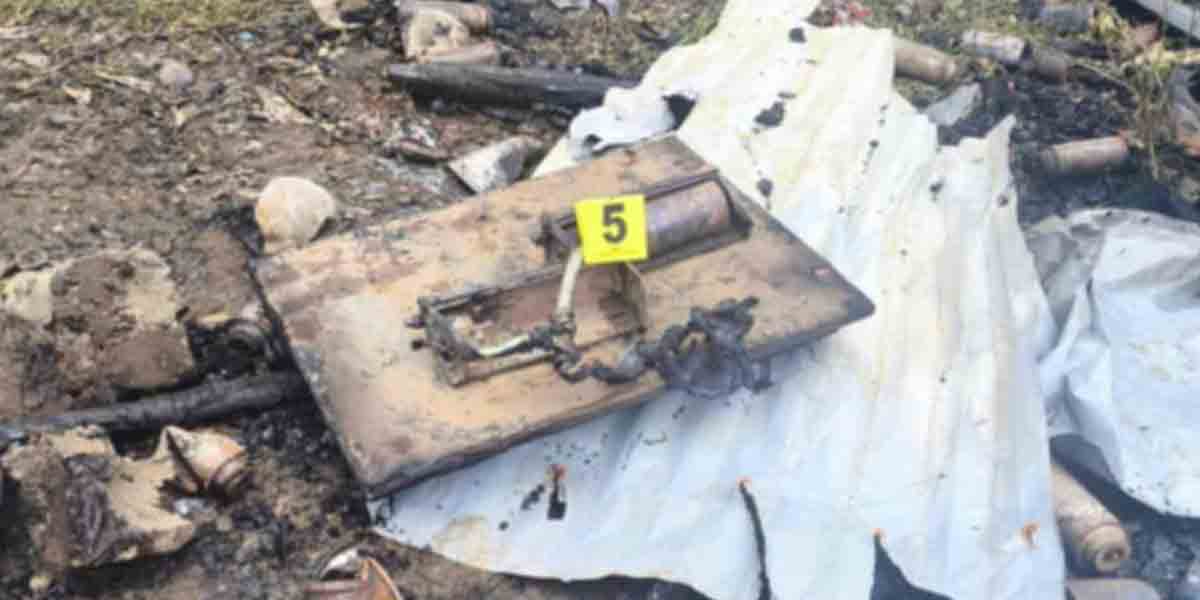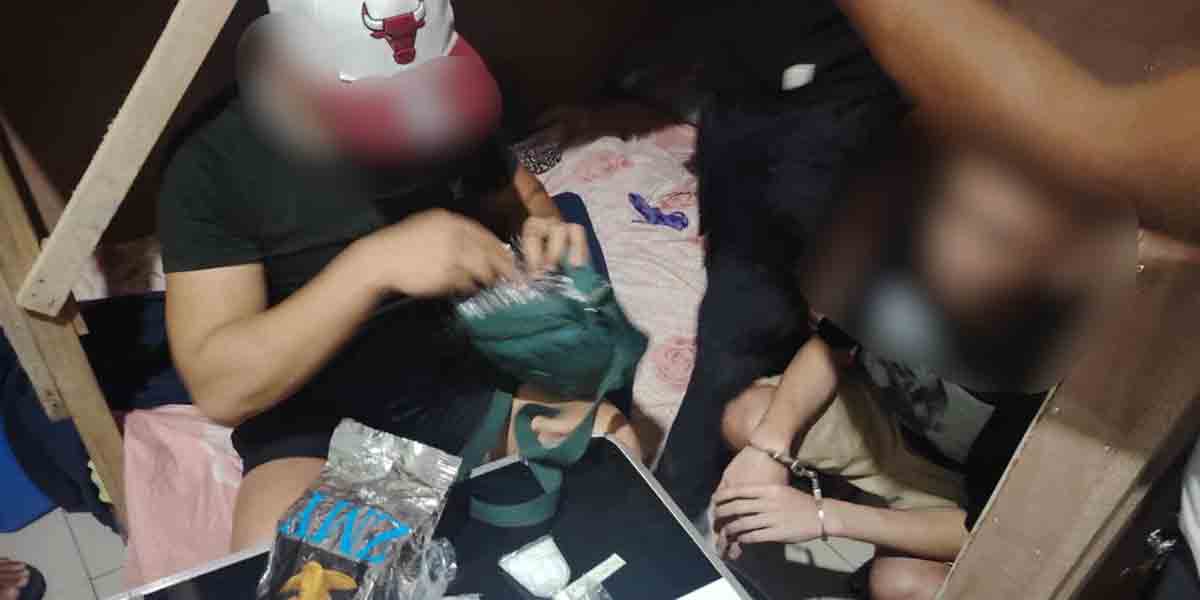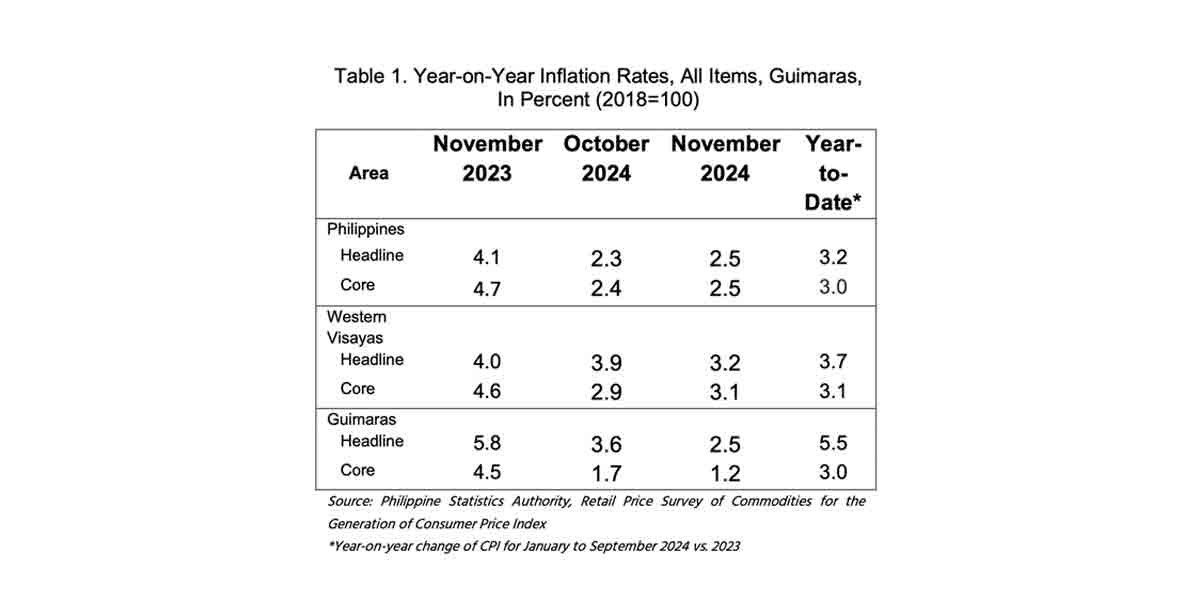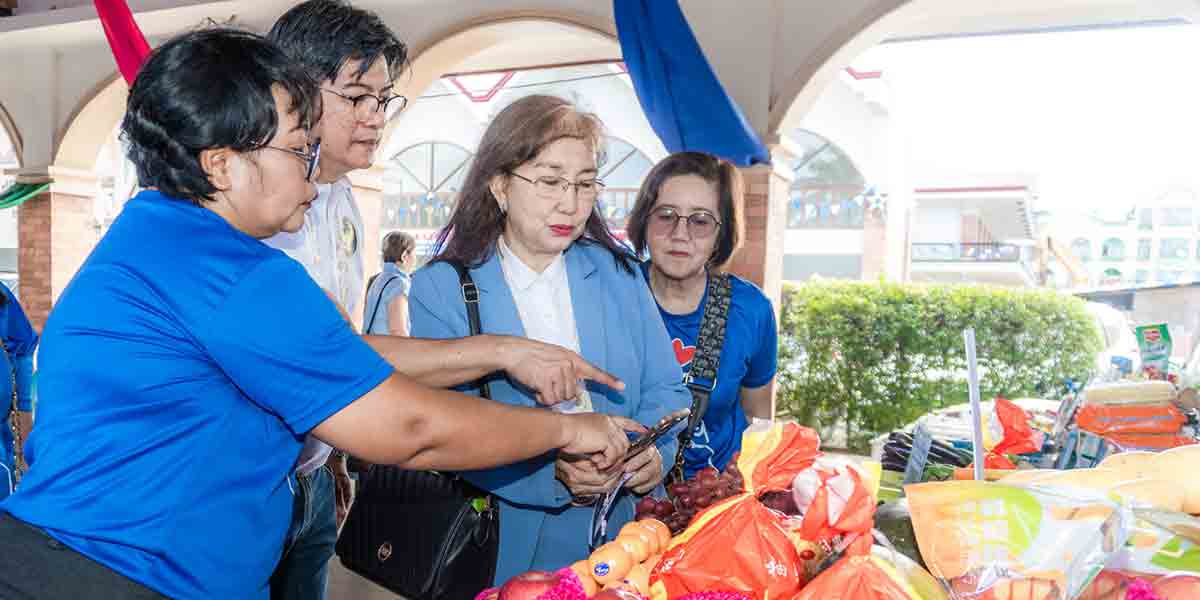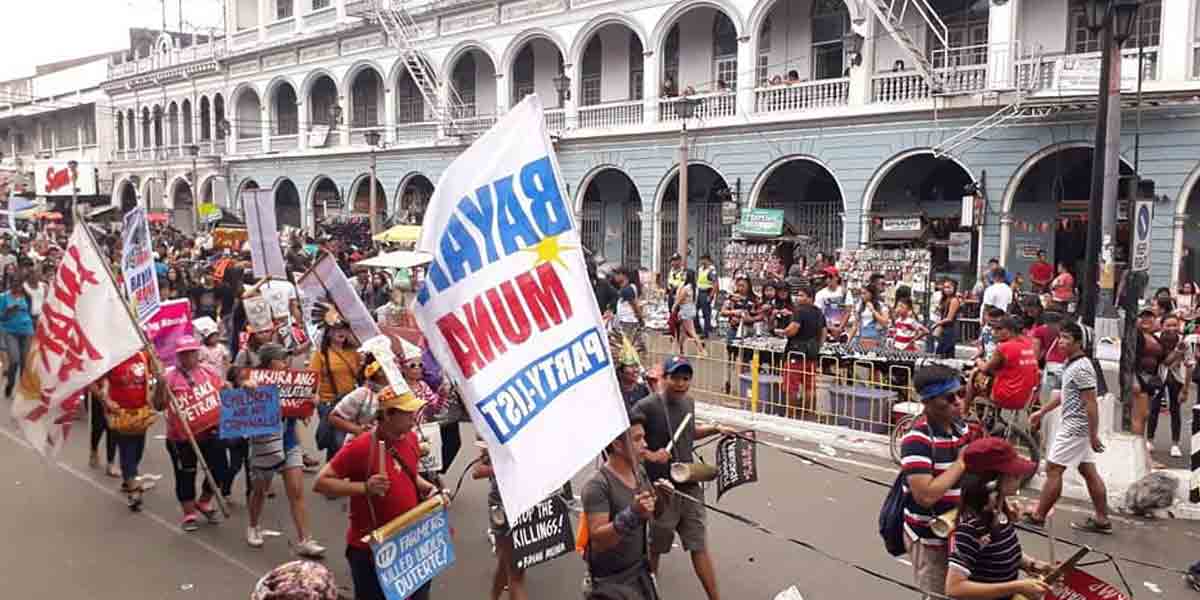
By Francis Allan L. Angelo
While Iloilo City scales back enhanced community quarantine (ECQ) rules by end of April 2020, there is also a need to coordinate with neighboring local government units (LGUs) whose constituencies do business and work in the city.
This is one of the proposals by a group of UP Visayas professors who authored the “Gradual Easing of Enhanced Community Quarantine Scheme in Iloilo City: Inputs to the Lockdown Exit Plan.”
The plan suggested ways on how to gradually lift ECQ policies that were imposed to prevent the spread of the coronavirus disease 2019 (COVID-19).
The group is composed of UP Visayas Professors Maria Elisa Baliao, Rhodella Ibabao, Hanny John Mediodia, Cristabel Parcon, Juhn Cris Espia, and Vicente Balinas.
The proposed plan suggested that measures to regulate and monitor Iloilo City borders set in place during the ECQ have to be reviewed following the agreements with the Iloilo provincial government.
“Among the matters to be taken up may include schedule of entrances and exits of people and vehicles from the province, issuance of quarantine passes to control the number of people and vehicles going in and out of the city and even sanctions for violations.”
The composition of the task force in-charge of border security might need to be reviewed against their performance during the ECQ. There might be a need to increase their number given the gradual return of the people to public places and establishments.
For easier monitoring at the onset of the gradual lifting of the ECQ, only passenger buses will be allowed to enter the city as monitoring of physical distancing is easier in buses.
Checkpoints must be set up in terminals where the buses unload their passengers. During the first week, a member of the media may be in the checkpoint to monitor the activities in the terminals.
Jeepneys from the provinces transporting food supplies must be allowed to enter the city to deliver their goods to major markets. The schedule of delivery should be set early in the morning, according to the proposed exit plan.
Just like in previous executive orders which set ECQ rules, only essential persons should be allowed entry in the city from the province:
(1) health care workers;
(2) authorized government officials;
(3) persons traveling for medical or humanitarian reasons;
(4) persons providing basic services and public utilities;
(5) essential skeletal force;
(6) persons coming from the provinces of Iloilo, Capiz, Antique, Aklan, and Guimaras who have been tested, cleared, and declared by accredited health authorities as COVID-19 negative;
(7) returning residents of Iloilo City who have been tested, cleared, and declared by accredited health authorities as COVID-19 negative;
(8) other such persons who have been defined, identified, cleared, or allowed by accredited health authority as COVID-19 negative.
PUBLIC AWARENESS
The Iloilo City government should also inform the community of its plans for the gradual lifting of the ECQ, particularly via traditional and social media.
“A public awareness campaign is important because it can be used to inform the community about the features of the exit plan and draw their attention to it. It is very important that they understand it well because they are the ones who will be affected by it,” according to the proposed UPV plan.
Apart from the ECQ exit plan, the public awareness campaign should include the continuous messaging of very important reminders to help keep the COVID-19 from spreading as more people will now be going out of their homes.
Among the reminders would be on hygienic practices (washing of hands and cough and sneezing etiquettes), COVID-19 signs and symptoms, protecting the vulnerable sector like the elderly, safer grocery shopping, among others.
MASS TESTING
The UPV plan also noted the importance of expanded testing to ensure the safety and protection of people as they gradually return to normalcy
“The public should be reminded that the city government has started using rapid test kits to examine those suspected of having contracted the disease. Once they get positive results, the patients will be isolated and will undergo confirmatory PCR testing. This information should be disseminated both by the mass media and the social media,” according to the plan.


